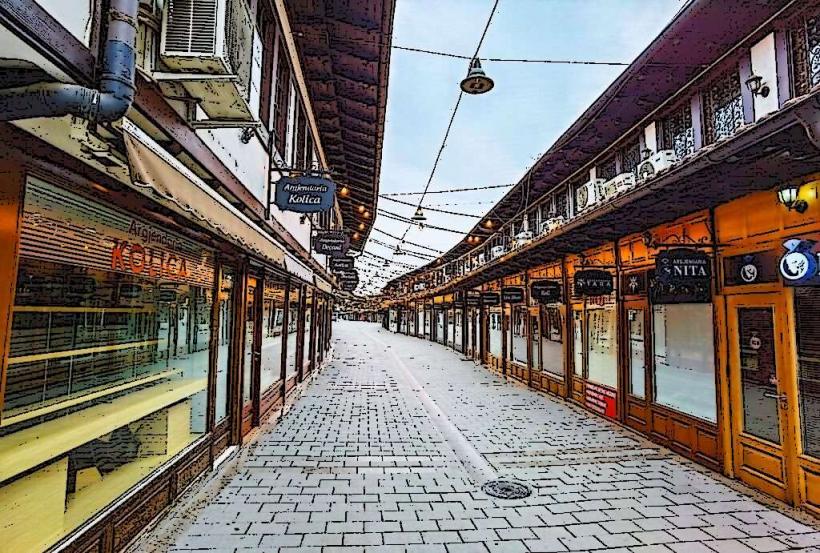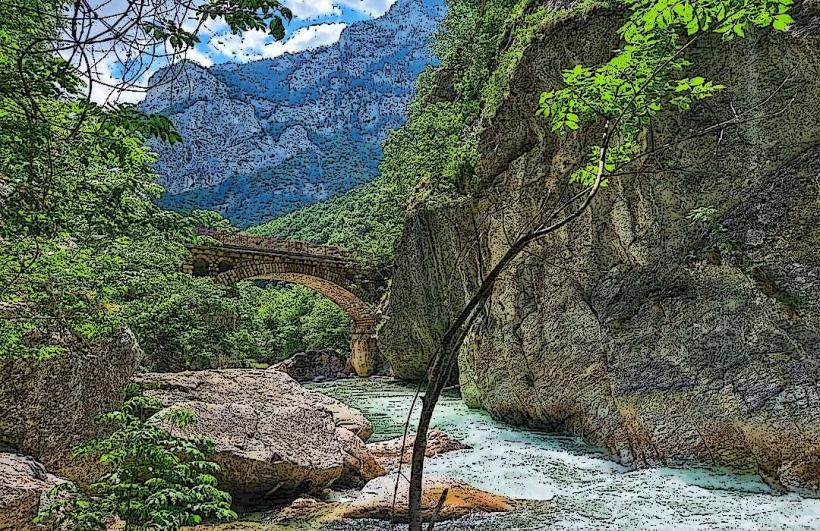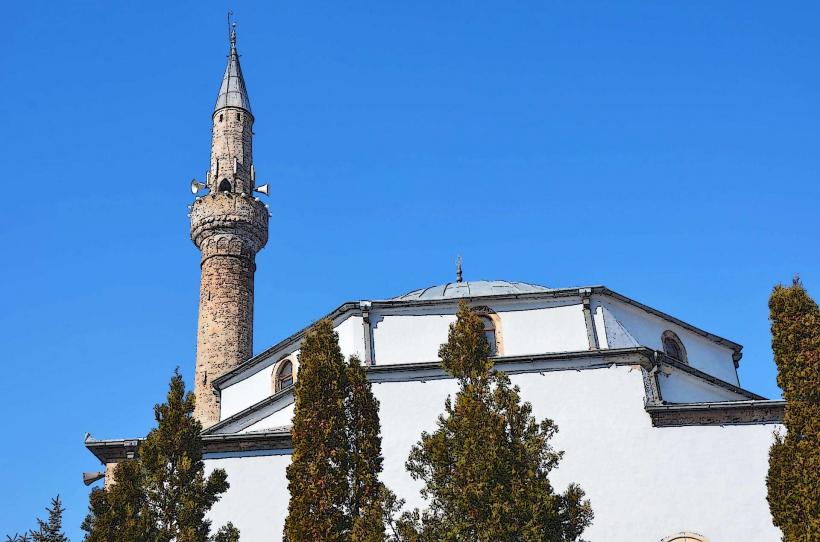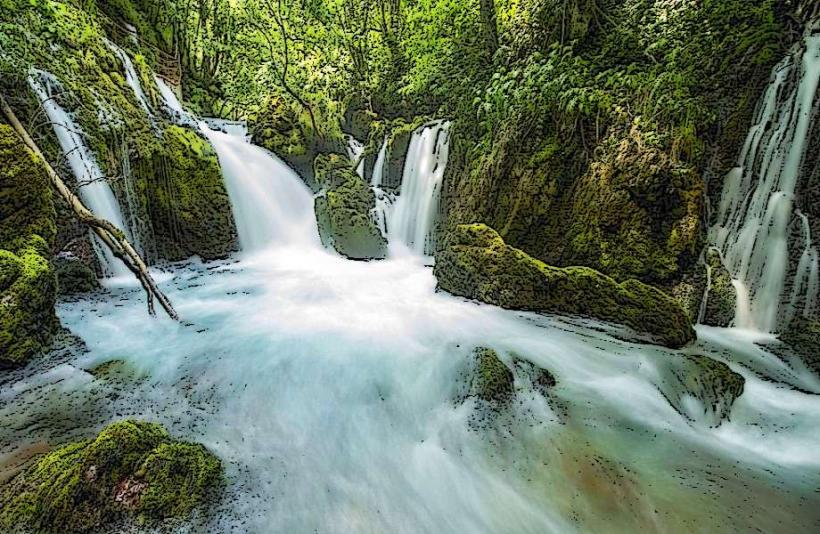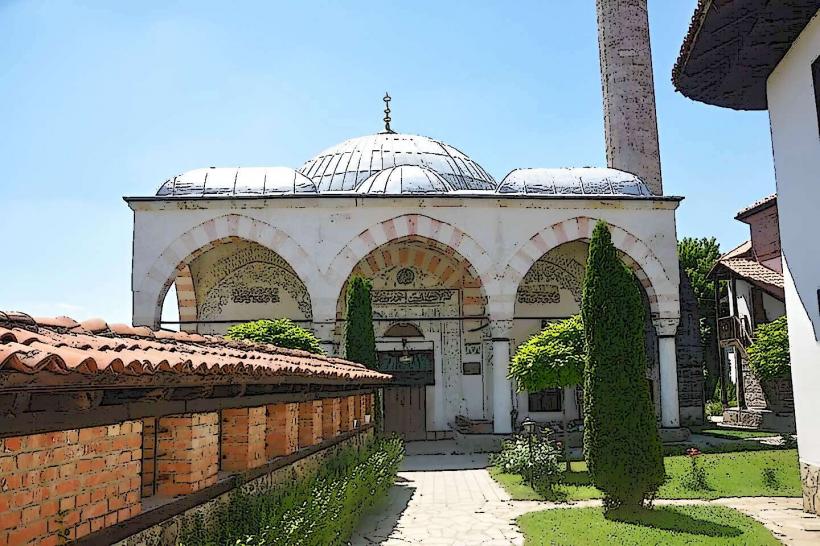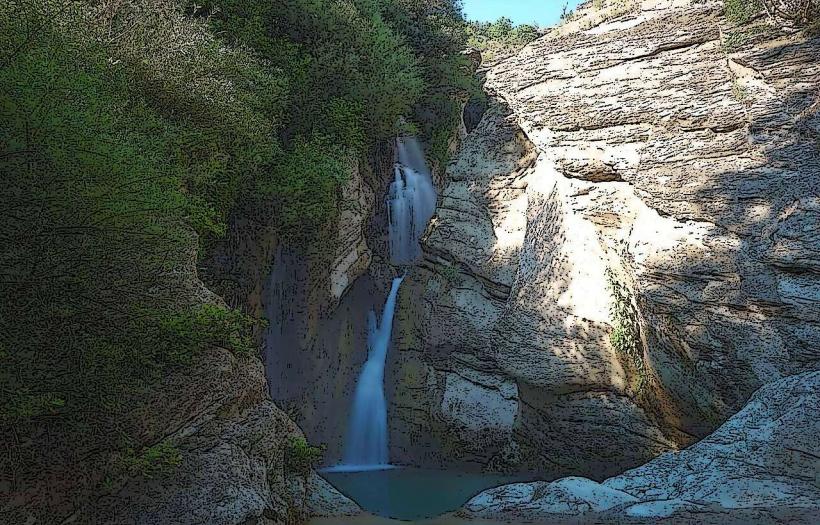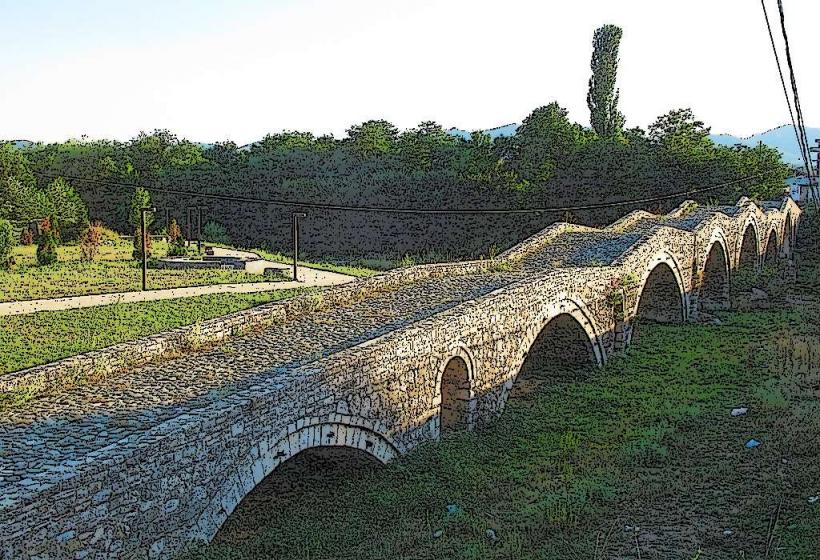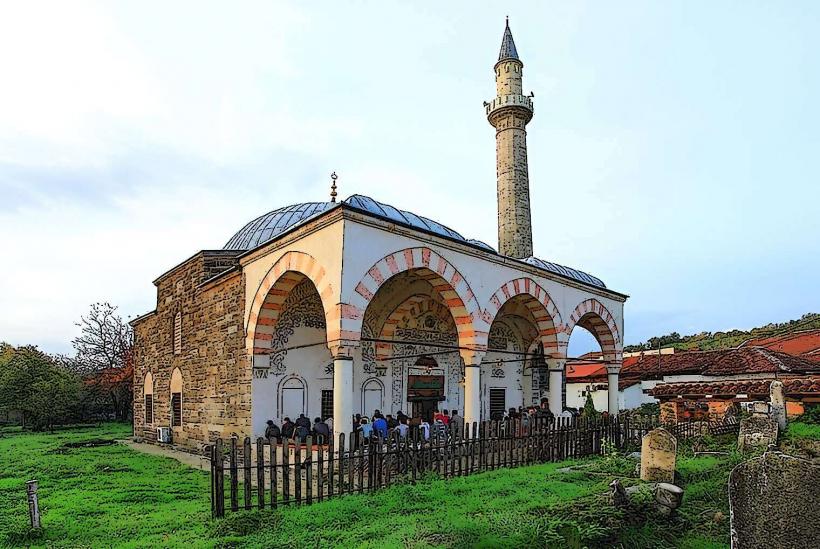Information
Landmark: Zajm VillageCity: Pec
Country: Kosovo
Continent: Europe
Zajm Village is a small village located in the Municipality of Gjakova, Kosovo. It is part of the region known for its rich cultural and historical heritage, and its peaceful rural environment provides a glimpse into the traditional lifestyle of Kosovo’s villages.
Location and Geography
Region: Zajm is situated in the western part of Kosovo, close to the town of Gjakova. It is positioned within a rural area that is characterized by agricultural lands, forests, and natural beauty. The village is part of a larger community of settlements that make up the municipality of Gjakova.
Proximity: Zajm is located near important roads that connect the surrounding villages and towns in the region. Its proximity to Gjakova provides access to more urban facilities and services, while still retaining its rural charm.
History and Significance
Historical Context: Like many villages in Kosovo, Zajm has a long history that dates back to the Ottoman era. It is likely that the village developed under Ottoman rule, with its inhabitants primarily engaging in agriculture and livestock raising. While the village itself may not have been the site of major historical events, it contributes to the cultural and historical mosaic of the Gjakova region.
Cultural Heritage: The village of Zajm, like other settlements in Kosovo, carries cultural traditions that reflect the diverse history of the region, which includes Ottoman influences, as well as local Albanian customs and practices.
Economy and Agriculture
Agriculture: The economy of Zajm Village is primarily based on agriculture. The fertile lands around the village support the cultivation of various crops, including grains, vegetables, and fruits. Livestock farming is also common, and many families in the village rely on animal husbandry for their livelihoods.
Livelihoods: Most of the population in Zajm is involved in farming, with many households sustaining themselves through the produce grown in the area. The village maintains a traditional rural economy, where agriculture plays a central role in daily life.
Culture and Traditions
Traditional Life: The people of Zajm follow the customs and traditions typical of rural Kosovo, where family ties are strong, and social gatherings often take place around communal meals, celebrations, and religious holidays. Traditional music, folk dances, and local crafts may still be an integral part of life in Zajm.
Religious Practices: Like much of Kosovo, Zajm is home to a predominantly Muslim population, though there are also Christian communities in some areas. The religious practices and festivals in Zajm are important aspects of the village’s cultural identity.
Modern Development and Challenges
Infrastructure: As a rural village, Zajm has basic infrastructure, including roads, electricity, and water, though it may face challenges in terms of modernization compared to urban areas. The village’s growth is closely tied to the development of the broader Gjakova municipality and efforts to improve rural areas in Kosovo.
Challenges: Like many rural villages in Kosovo, Zajm faces challenges such as migration to urban areas, limited economic opportunities, and the need for modernization in agricultural practices. However, the village maintains its traditional character and offers a quiet, picturesque environment for those who visit or reside there.
Tourism Potential
Natural Beauty: Zajm Village and its surroundings offer beautiful landscapes, including hills, valleys, and forests, which attract those interested in rural tourism and nature exploration. The village is ideal for tourists seeking tranquility and an authentic rural experience in Kosovo.
Cultural Tourism: Though not a major tourist destination, Zajm’s traditional architecture, village life, and rural setting may attract visitors interested in exploring Kosovo’s countryside and experiencing the local culture.
Conclusion
Zajm Village represents the rural heart of the Gjakova region in Kosovo. Its history, cultural traditions, and agricultural economy make it an important part of the local community, contributing to the cultural and social fabric of Kosovo’s countryside. While it may not be a major tourist hub, Zajm offers a peaceful escape into nature and traditional life, making it a charming destination for those seeking to explore the quieter, rural aspects of Kosovo.

